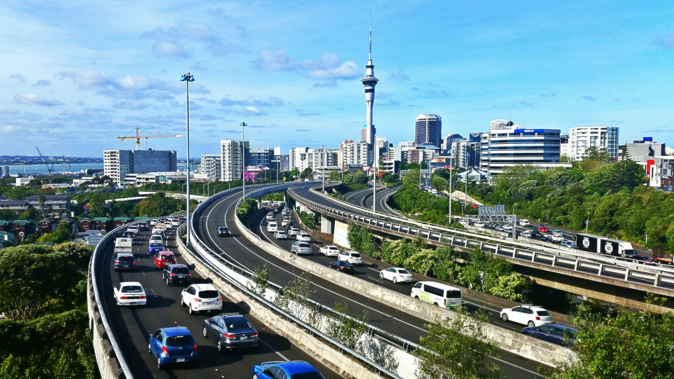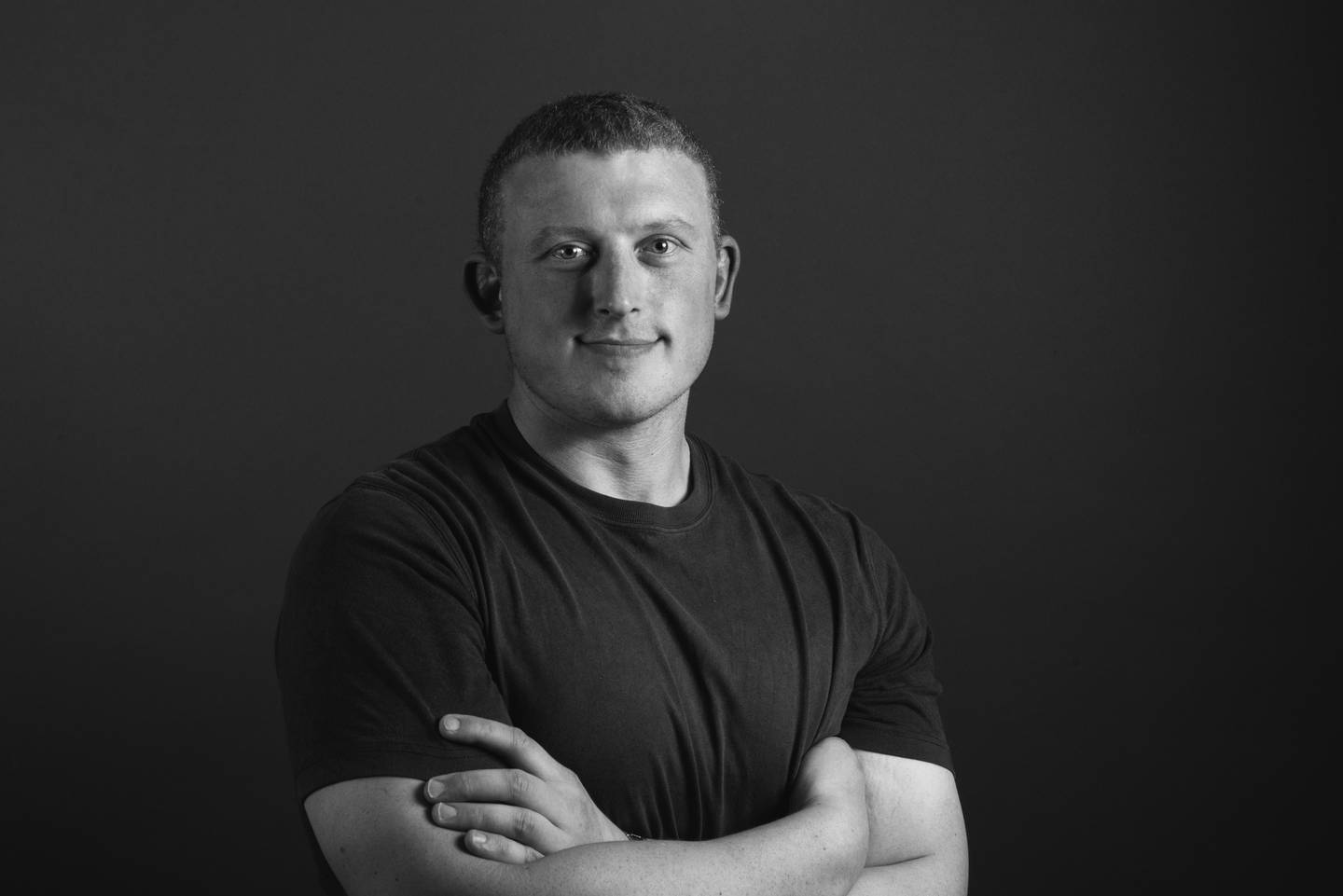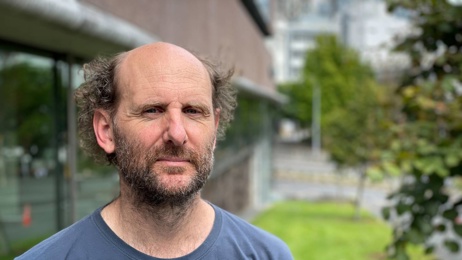
New research has shown how Kiwis' mental health took a noticeable hit over 2020's national lockdown, but soon bounced back – something that may be cause for optimism as we begin to process the Omicron outbreak.
In a study just published in the Asia Pacific Journal of Public Health, psychology researchers surveyed 214 students before the pandemic, over the first lockdown, and in the months after when New Zealand eliminated the virus.
To observe their mental health, the team, from Otago, Victoria and La Trobe universities, used a common screening tool to repeatedly measure levels of depression – Patient Health Questionnaire 9, or PHQ-9.
The data revealed dramatic shifts: while just around a third of the students met the threshold for depression in late-2019, that rate jumped to around half during lockdown.
By level 2, however, mean levels had fallen back below pre-pandemic levels.
It wasn't the first paper to highlight the psychological toll of that first stint at level 4: another Otago-led study found nearly 40 per cent of 2000 surveyed Kiwis reported low wellbeing, while about a third reported moderate-to-high distress.
That was well above the levels measured in previous population surveys – although that study also found how it came with some silver linings, such as spending more time with family.
But the new paper's lead author, Dr Damian Scarf, of Otago's Department of Psychology, said there'd been very few studies in which researchers already had a baseline to work off.
"Although many studies have given us a really good picture of what depression looks like over a lockdown, the promising part of this one is we can see how depression rates can drop back afterward."
New Zealand now faced a slightly different situation, he said.
What lay on the other side of the building Omicron wave wouldn't be the near-normalcy that elimination gave us, but endemic coronavirus.

"I have a lot of faith that people will adjust to this new normal and find ways to carry on," Otago University pyschology researcher Dr Damian Scarf says. Photo / Supplied
"Uncertainty is what makes thing more difficult. In the national lockdown in 2020, that uncertainty was greatly reduced because we had this idea that things would be better again when we got down to zero cases," he said.
"We're switching from completely avoiding something to learning to live with it. There's uncertainty about what the future holds, and that taps into peoples' uneasiness and anxiety."
Still, just as we did in 2020, he believed we could mentally recover from the Omicron outbreak - this time by adapting to a new normal.
"At the moment, people are still adjusting to the idea and when case numbers go up, that will likely provoke anxiety," he said.
"But I have a lot of faith that people will adjust to this new normal and find ways to carry on."
Massey University communications senior lecturer Dr Jagadish Thaker expected Kiwis' mindsets would have already shifted a great deal.
Amid all of the worry of early 2020, people turned to trusted experts to guide them through; with high vaccination rates, and Omicron's lower individual risk, they might not view Covid-19 like they once did.
"We probably feel that we are now in a better position to control the risks due to Covid-19 personally."
Clinical psychologist Jacqui Maguire agreed our risk perceptions would have changed much.
"Two years on, New Zealand has had extremely low Covid-19 transmission and related deaths compared to our global counterparts," she said.
Delays in variants arriving here meant we'd been able to gauge risk by watching the rest of the world.
"For example, Kiwis have been able to see the high infection rates of Omicron in Australia – and therefore can more accurately predict that Omicron is highly infectious."
To help themselves, she said people could try to understand that we perceived risk based on many factors – including our own experiences – and that when we were bombarded with information, we sometimes misinterpreted it.
She also encouraged people to gather information from reputable sources, rather than social media.
And to those feeling hopeless or helpless, she said: "do something".
"Preparing an Omicron isolation pack, for example, helps you feel more in control and heightens a belief that you will cope, rather than ruminating in inaction."
- by Jamie Morton, NZ Herald
Take your Radio, Podcasts and Music with you









